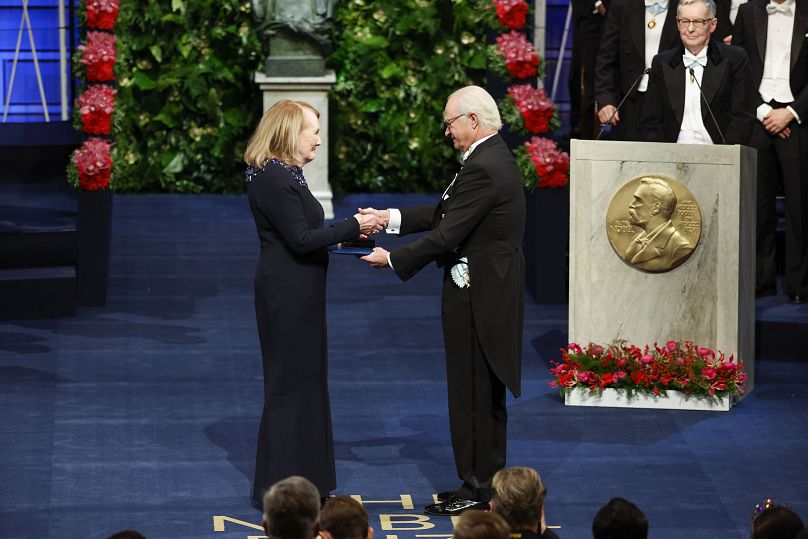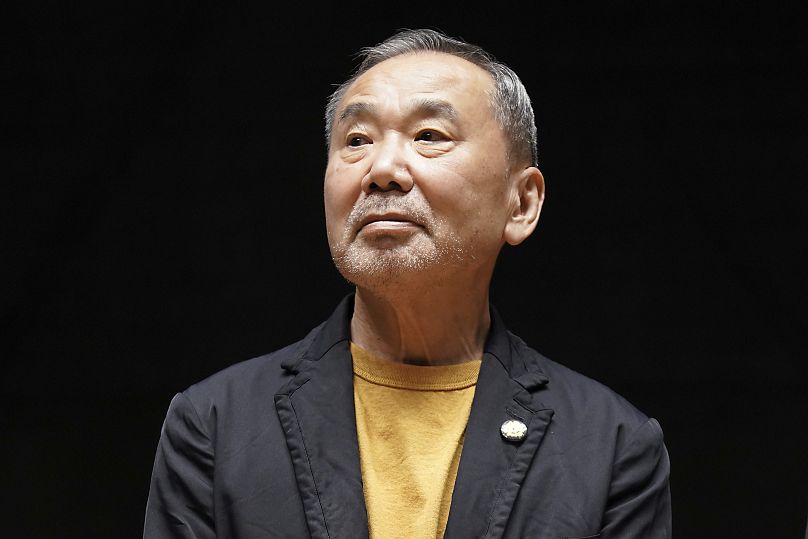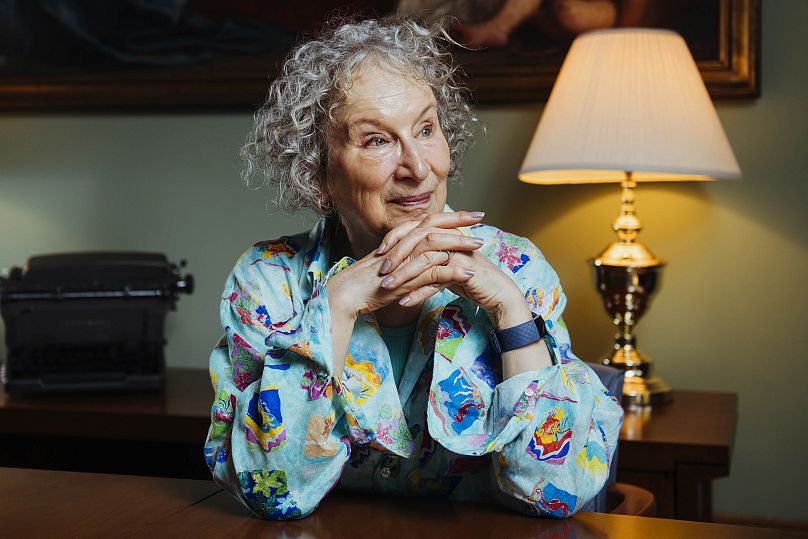We run through the bookies' odds for who's likely to win one of the world's most prestigious awards in literature.
We’re fully in the swing of Nobel Prize announcements week. Between 2-9 October, all the winners of the most coveted awards in their fields will be announced.
 ADVERTISEMENT
ADVERTISEMENT
 ADVERTISEMENT
ADVERTISEMENT
On Monday, the scientists behind the mRNA Covid vaccines won the Nobel Prize in Medicine. Yesterday, scientists using light pulses to study electrons won the Nobel Prize in Physics. And today, the scientists who discovered quantum dots won the Nobel Prize in Chemistry.
But it’s Thursday's announcement, the Nobel Prize in Literature, that has the Culture desk most excited. Awarded since 1901, the Nobel laureates have been celebrated for having, according to Alfred Nobel’s initial guidelines, “in the field of literature, produced the most outstanding work in an idealistic direction.”
To be announced at the Swedish Academy, the winner will also take home 11,000,000 SEK (around €9.5 million).
Last year’s winner was the French writer Annie Ernaux, who won “for the courage and clinical acuity with which she uncovers the roots, estrangements and collective restraints of personal memory.” She’s best known for her personal memoir ‘Les Années’ (The Years).
Other winners of the prize have included Olga Tokarczuk in 2018, Kazuo Ishiguro in 2017, and the songwriter Bob Dylan in 2016. Over the last century, the prize has recognised some of the biggest figures in literature, including Toni Morrison, Gabriel García Márquez, Samuel Beckett, Albert Camus, and Selma Lagerlöf.
In advance of the announcement for 2023’s Nobel Prize in Literature, here are the (accurate at time of writing) bookies' odds for the likely next laureate.
Can Xue – 8/1
Top of the list is the experimental Chinese writer Can Xue. Can, born in 1953, grew up under the strain of her parents’ denouncement by the Communist Party as rightists. It’s an experience that has influenced her avant-garde work that broke with the traditional literary styles in China.
Best known for her short-story collections, many have argued that English translations rarely capture the idiosyncratic stylings Can uses. Nevertheless, it seems her most recent novel, 2019’s ‘Barefoot Doctor’ has put her firmly in the sights of the Nobel committee.
Haruki Murakami – 12/1
Another year, another chance for Japanese author Haruki Murakami to be considered for the top literary prize. Murakami rose to international fame with his nostalgic romance novel ‘Norwegian Wood’ in 1987. Since then, he’s created a name for his running theme of magical realism, exemplified by his novels ‘Kafka on the Shore’ and ‘The Wind-Up Bird Chronicle’.
Murakami has long been touted for the prize, having already won basically every other award in literature. His works have also entered the public consciousness through the myriad adaptations into film, with recent notable additions including the fantastic Burning and the Oscar-winning Drive My Car.
Gerald Murnane and László Krasznahorkai – 14/1
Next in our list, betting sites put Australian writer Gerald Murnane and Hungarian writer Laszlo Krasznahorkai as both third most likely to take home the medal.
Murnane, 84, is one of those writers who few have heard of, but those who have will insist he’s about as great as writers get. Perhaps best known for his 1982 novel ‘The Plains’ and 1988 novel ‘Inland’, both novels are exemplary of his peculiar self-referential style that comments on his artistry itself.
On the other side of the spectrum is Krasznahorkai, considered to be the most important living Hungarian author. His first novel, the postmodernist ‘Satantango’ released in 1985 was adapted by him and experimental Hungarian director Béla Tarr into the seven-hour film Sátántangó. It’s all part of the intense visionary world of Krasznahorkai.
Also in the running
All currently sharing odds of around 16/1 are a veritable who’s-who of today’s literary titans. First up is the reclusive American writer Thomas Pynchon. His shape-shifting postmodern novels, including the chameleonic ‘Gravity’s Rainbow’ have previously evaded Nobel expectations, making him a curiosity on this list.
Russian writer Lyudmila Ulitskaya is an interesting addition to the conversation. A vocal critic of the Kremlin and Putin’s invasion of Ukraine, Ulitskaya has been living in Berlin since she publicly condemned the war in Novaya Gazeta.
Margaret Atwood is potentially the most famous name of the writers who are seemingly in contention. Her 1985 novel ‘The Handmaid’s Tale’ has remained an international sensation with the rest of her extensive oeuvre embracing sci-fi themes through a similarly sharp feminist lens.













